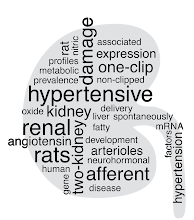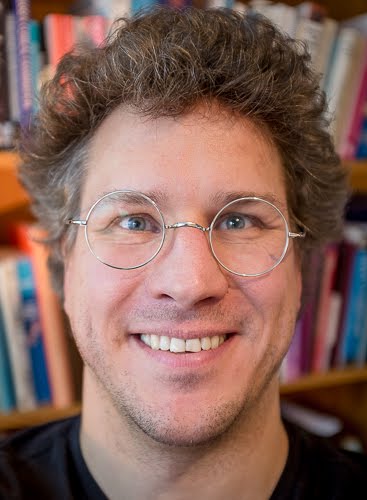Which was followed by a barrage of answers. Most of which wanted to set the bar really low so that curiosity alone would be a sufficient characteristic. I would rather we set a higher standard so that scientist is something you can strive to become, and have to strive to remain (although often I would like it to be easier).Sunday is the perfect time to get philosophical, right? I wonder what you think makes a scientist?— realscientists (@realscientists) July 17, 2016
From this perspective I would like to argue that scientists are like football players. As long as they continue pursuing their own original research and publish with peer-review as the lead or senior author they are still scientists. This is a high bar, and there are some points in this argument that warrant a bit of an explanation.
1: "continue pursuing" means that as soon as they quit actively doing research they also stop being scientists.
2: "their own" means that if they don't provide substantial intellectual input to coming up with the idea, designing and performing the work, and interpreting the results it does not count. This does not mean it has to be only theirs with no outside input, which would be silly.
3: "original research" means that it should be providing either new data, or new interpretations. Experimental reproduction counts, pure theory too, even meta analysis is alright.
4: "publish with peer-review" means just that. The results have to be double-checked by experts and have to be made available to everyone else both now and in the future through publication. This can mean that a bachelor thesis is an adequate start.
5: "lead or senior author" means that they should be the driving force behind publication. The actual position in the author list is not important for the argument, although it is very telling in a field like medicine.
We should, however, be aware that there is an argument for setting the bar low. If they get to identify as scientists already when they do their first experiment and continue to as long as they think rationally, maybe it would be easier to recruit new researchers; maybe the anti-science attitude in the society would decrease; maybe rational thought would be hip again.

